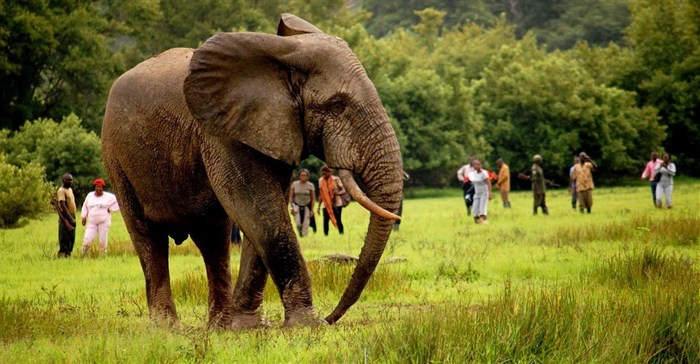Top stories






More news






ESG & Sustainability
#Sona2026: President announces crisis committee to tackle SA's water challenges








The tourism and hospitality sector has seen a major revamp over the years but more collaborative efforts between all stakeholders are needed to ensure sustained growth and development. Jumia Travel looks at a few ways to achieve this feat:
The industry is big enough for all - many stakeholders are blinded by "competition" so much so that they just lose track of the many opportunities in store when they work together with others. Synergy is very much needed in this industry if the aim is to succeed. There is a choice between going alone and attaining limited success or working with others to achieve massive results.
The effects of working together is always greater than the sum of individual efforts. There is enough for all to share. People are travelling everyday into our countries. They have different tastes and preferences. There is something in it for every serious business person. For example, a 5-star hotel which works closely with other smaller hotels has a great advantage. In the event where the smaller hotels get some high profile guests who prefer higher standards and do not mind the rates, these guests are sent to that hotel. The reverse, however, is often very true and much more beneficial for the small hotels with lower rates.
On the other hand, when a hotel decides to work in isolation, guests who prefer some other form of accommodation or pricing that may suit them are not transferred to them because of the lack of coordination or partnership.
One very effective way to enhance collaboration among stakeholders is to organise regular meetings and workshops. This is where many of the different challenges facing the industry are brought up and discussed. This way, those businesses who have faced a similar problem in the past can advise on ways to solve it as well as provide a blueprint to those who have not yet faced it to prevent it from happening.
Also, these meetings provide a platform for stakeholders to meet each other, discuss partnerships and exchange contacts of vendors and service providers that help to make the running of their facilities easier. A hotel that may be purchasing bedding items from a very expensive vendor may come across one that has a vendor who supplies for less. Bargain!
Many tour operators, hotel owners, restaurants, and managers of certain tourist sites often have little or no knowledge about framework, legislation, and policies in this industry. The government and other implementation agencies may have certain policies that benefit or guide these stakeholders. However, due to the lack of collaboration and association, they end up falling into trouble with the law or missing out on some very big opportunities. The more involved they are with each other, the greater the chances of accessing the opportunities available. Going against certain laws or not fulfilling certain requirements can lead to serious issues which often leads to fines and loss of revenue.

The ultimate goal of every business is to make profit, grow steadily and sustain the business for a long time. The best way to achieve this is to effectively liaise with all the individual stakeholders and players in that industry. Hotels must collaborate with online booking portals or tour operators by giving them very good rates in order to get a lot of bookings frequently. Tourist sites can also work together with tour operators and hotels close by to come up with packages that are very attractive to tourists. In the end, every party wins.